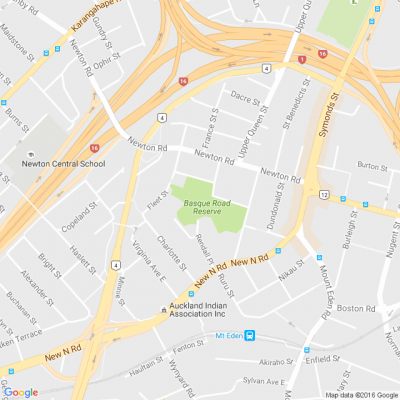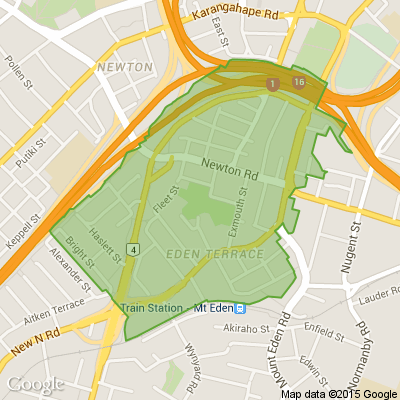Online phishing scam
With Christmas fast approaching, Police are encouraging people to be aware of online phishing scams.
The holiday season can already be a stressful time, and the last thing you want is to lose large sums of money to a scam.
A phishing scam is an online scam, where the offender pretends to be a trustworthy person or organisation to try and get a victim’s personal information.
Police has received a number of phishing scam reports with offenders targeting people who are selling items or services online like Trade Me and Facebook Marketplace.
The offenders pretend to be an interested buyer, and urgently request to buy your product and arrange a courier pickup.
The victim receives a fake courier website link to complete a verification process asking for personal details, like bank account numbers, passwords, and phone numbers.
Once provided these details, the offender uses these to access a victim’s bank account, tricking the victim into proving any multifactor authentication code sent from the victim’s bank.
The money in the victim’s bank account is then taken by the offender once access is gained.
Police are urging members of the public to be cautious, especially when someone in person or online is asking you to give them money or your personal details like bank accounts and passwords.
Never comply with a request asking you to provide or ‘verify’ your online banking details.
Legitimate organisations will never ask you to do this.
If you are unsure if it is real, please contact your bank by the phone number on their official website or go to your nearest branch.
If you receive a courier website link from a potential buyer, this is likely a scam.
Please do not fill out the verification process.
Use the social media/trading platform’s reporting tools to report the scam and the user involved.
You can also make a report to Netsafe at report.netsafe.org.nz.
If you have handed over your online banking details, contact your bank immediately and suspend your account.
If you think you have been scammed (provided your banking details and/or suffered a loss), please gather as much information you can and make a report to Police online through 105.police.govt.nz or call 105.

Chapter Book and Tea Shop Jan-Feb 2026 Book Catalogue
📚 JAN-FEB 2026 BOOK CATALOGUE 📚
Welcome back and best wishes for 2026! The new year sees the arrival of lots of goodies including Ilona Andrews’ BEAST BUSINESS (Hidden Legacy Series—Novella), Mary Balogh’s REMEMBER THAT DAY (Ravenswood Series), Christine Feehan’s DARK JOY (Dark Carpathian Series), Jayne Ann Krentz’s THE SHOP ON HIDDEN LANE (Set in Fogg Lake), Lauren Palphreyman’s THE NIGHT PRINCE (Wolf King Series), Leigh Rivers’ INSATIABLE (Edge of Darkness Series), J.D. Robb’s STOLEN IN DEATH (In Death Series), Nalini Singh’s SUCH A PERFECT FAMILY and more. Enjoy your reading!
NB. We have temporarily sold out of Mary Balogh’s “REMEMBER THAT DAY” and we expect it to be back in stock in around two weeks’ time.
Check out the catalogue at
chapter.co.nz...
Please see p.2 for the:
• Order link for signed copies of Nalini Singh’s SUCH A PERFECT FAMILY
• Pre-order link for signed copies of Nalini Singh’s ARCHANGEL’S ETERNITY
• Details of the Romance Writers of New Zealand Short Story Contest sponsored by Chapter (in April 2026).
• Details of the Auckland Romance Readers Book Club Monthly Meetings and Auckland Romance Readers Book Club Facebook Group.
For Orders, Enquiries or to check instore dates:
✉️ info@chapter.co.nz ☎️ 09-6232319 📱 021-635027
NB. Chapter’s trading hours are Tue–Sun 10–4. We are CLOSED on Mondays.
#ChapterBookandTeaShop #Tea #TeaShop #Books #Bookshop #RomanceBookshop #RomanceFictionSpecialist #BiMonthlyBookCatalogue

Poll: 🤖 What skills do you think give a CV the ultimate edge in a robot-filled workplace?
The Reserve Bank has shared some pretty blunt advice: there’s no such thing as a “safe” job anymore 🛟😑
Robots are stepping into repetitive roles in factories, plants and warehouses. AI is taking care of the admin tasks that once filled many mid-level office jobs.
We want to know: As the world evolves, what skills do you think give a CV the ultimate edge in a robot-filled workplace?
Want to read more? The Press has you covered!

-
52.7% Human-centred experience and communication
-
14.7% Critical thinking
-
29.6% Resilience and adaptability
-
2.9% Other - I will share below!
Brain Teaser of the Day 🧠✨ Can You Solve It? 🤔💬
Make a hearty dish. Take just half a minute. Add four parts of kestrel. Then just add one. What have you made?
(Trev from Silverdale kindly provided this head-scratcher ... thanks, Trev!)
Do you think you know the answer? Simply 'Like' this post and we'll post the answer in the comments below at 2pm on the day!
Want to stop seeing these in your newsfeed? No worries! Simply head here and click once on the Following button.







 Loading…
Loading…